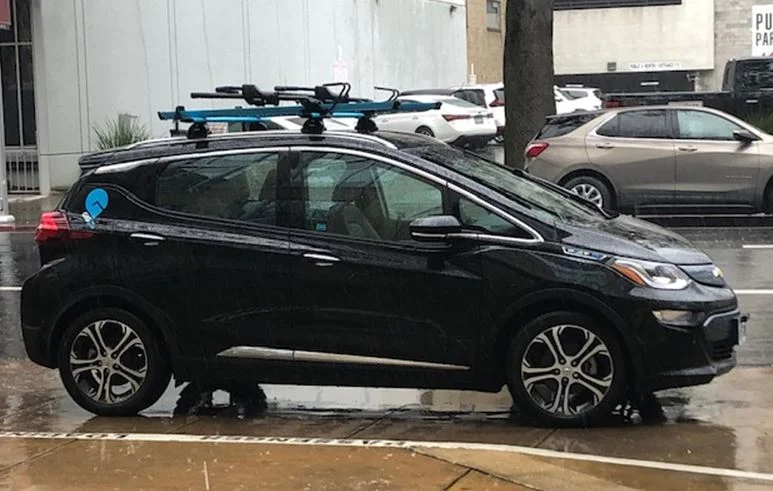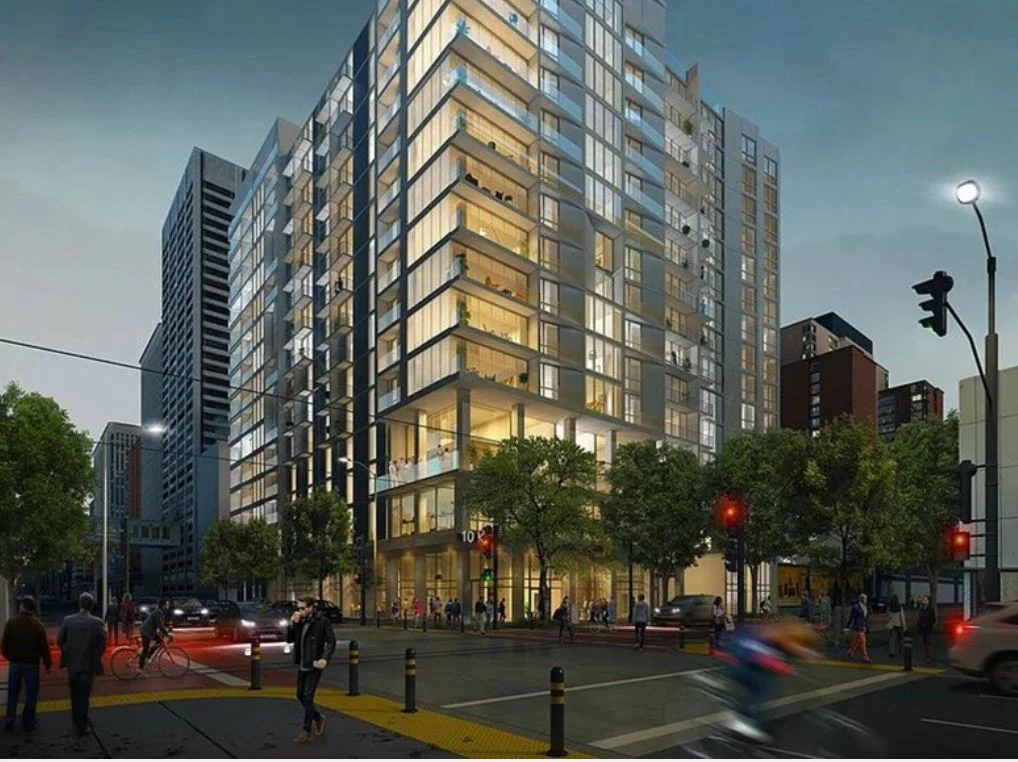Free rides on electric buses with wifi? Mayors' climate commission looks for ways to cut carbon from your commute
We all know it would be better for the environment if we walked, biked or took the bus, but the reality remains that Sacramento-area residents take 90 percent of their trips by car.
Most of the time, we still drive alone. Transportation accounts for a whopping 51 percent of carbon emissions in the Sacramento region.
“If we want to address climate change and avoid the potentially disastrous impacts that will accompany it, we need to take bold action now to de-carbonize our transportation systems,” said West Sacramento Mayor Christopher Cabaldon.
Cabaldon and Sacramento Mayor Darrell Steinberg last year jointly formed the Mayors’ Commission on Climate Change. They have endorsed the ambitious state goal of achieving carbon neutrality — or Carbon Zero — by 2045. The commission will develop recommendations that the cities can incorporate into their long-range planning.
In prior meetings, the commission has tackled the topics of sustainable growth plans and how to make buildings more energy efficient.
Transit ridership (in millions) on buses and trains operated by Sacramento RT, Yolobus
On Wednesday, Aug. 1, commission members will meet to consider recommendations on how to achieve cleaner, more efficient ways for people in both cities to get around. A technical advisory committee of transportation experts will present four strategies to be considered for the commission’s official report.
The meeting, which is open to the public, will run from 4 p.m. to 7 p.m. in the Boardroom of the CalSTRS headquarters, 100 Waterfront Place, West Sacramento.
“It is important the commission identify clean transportation tactics that will reduce congestion and improve air quality, while promoting public transit, encouraging biking and walking, and making meaningful improvements to mobility for all Sacramento residents," said Henry Li, CEO of Sacramento Regional Transit and a member of the commission.
Urgent action needed
The group’s task is urgent. Climate change is expected to have severe impacts in the Sacramento region, and will hit low-income residents particularly hard.
The most recent California Climate Change Assessment, released in August, predicted that the average daily maximum temperature in the Sacramento Valley would rise by 10 degrees by the end of the century, and the number of extreme heat days, when the temperature is higher than 103.9 degrees Fahrenheit, would jump from four days a year to 40.
In November, 13 federal agencies that found climate change could shrink the nation’s economy by 10 percent by the turn of the century.
Free passes encourage ridership
The transportation committee recommends the commission set a goal of having Sacramento and West Sacramento residents use public transit for 30 percent of their trips by 2045. To make buses and trains more appealing to riders, the committee is recommending equipping them with wifi and providing students, seniors and low-income people in West Sacramento with free transit passes.
Sacramento recently adopted a plan to provide free transit passes to K through 12 students who live or attend school in Sacramento. The program, which goes into effect in October, will only last one year but will be evaluated for renewal afterwards.
Expanded bike lanes and better sidewalks would also encourage more walking and biking. The committee recommends setting a goal that walking, biking and other forms of active transportation will make up 40 percent of all trips by 2045.
Third, the committee proposes to “electrify the transportation sector including all personal and shared vehicles, public and private fleets, and buses by 2040.”
How Sacramentans get to work
Electric cars, bikes, scooters
Electrification could cut emissions in the Sacramento region by 80 percent over the next 11 years, the committee predicts.
Sacramento and West Sacramento have already made significant moves in this direction over the past two years with the introduction of electric- assisted shared bikes and scooters — JUMP entered the market in 2018; new scooter companies are arriving this month.
Volkswagen’s Electrify America subsidiary has also spearheaded the use of shared electric vehicles in Sacramento through the introduction of free-floating GIG carshare rentals and Envoy cars, which are stationed at apartment complexes around the city. The company is also paying to beef up the city’s electric charging infrastructure.
But the committee says more could be done. It wants landlords to be required to install chargers for residents; it wants designated electric vehicle fast lanes and “fewer lanes for dirty single-occupancy vehicles.” The committee also suggests local governments partner with Amtrak and major freight stakeholders to discuss opportunities to electrify their trains.
The committee’s final proposal is to encourage use of shared mobility options, like JUMP and GIG, in hopes that 20 percent of all trips are taken with shared vehicles by 2045. The committee suggests making shared mobility services free for low income people.






